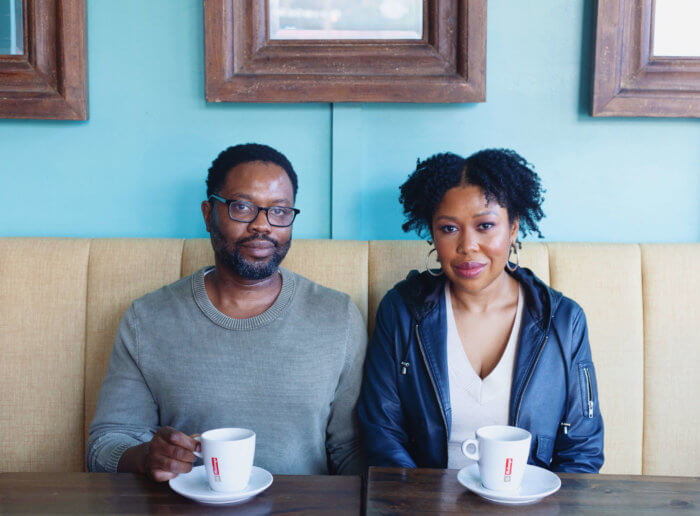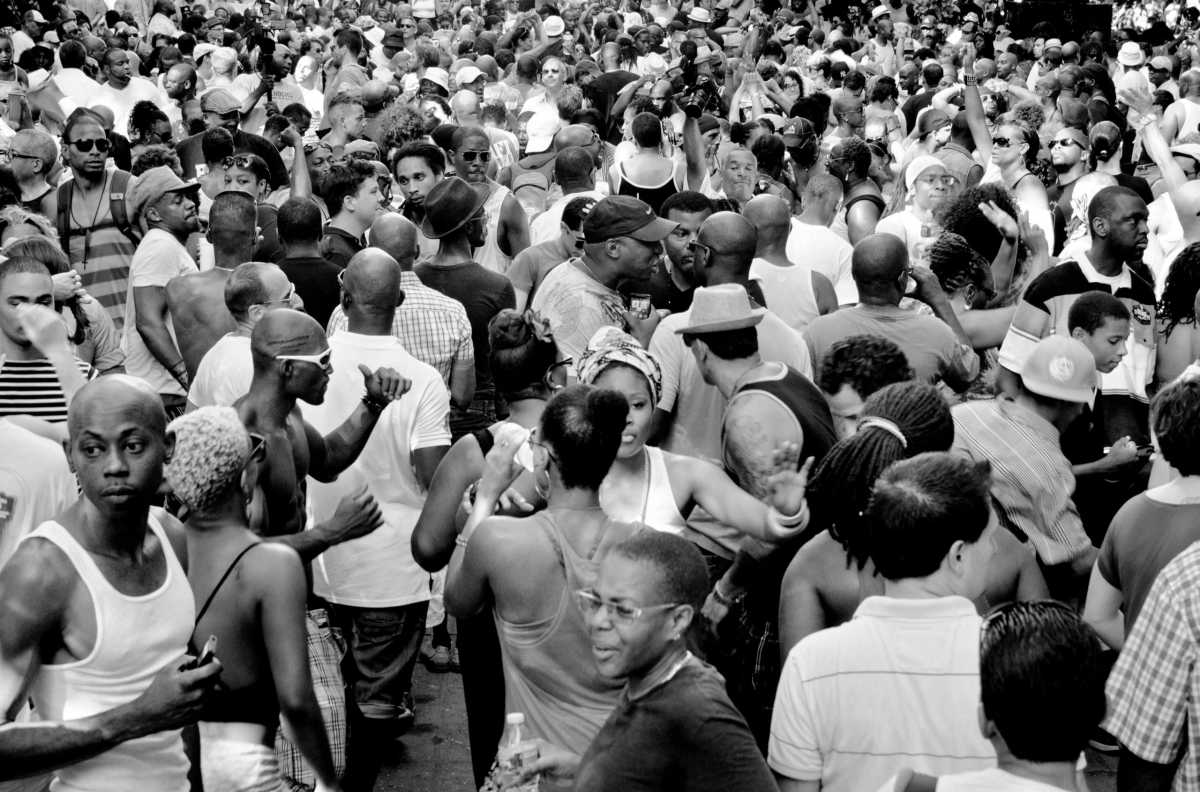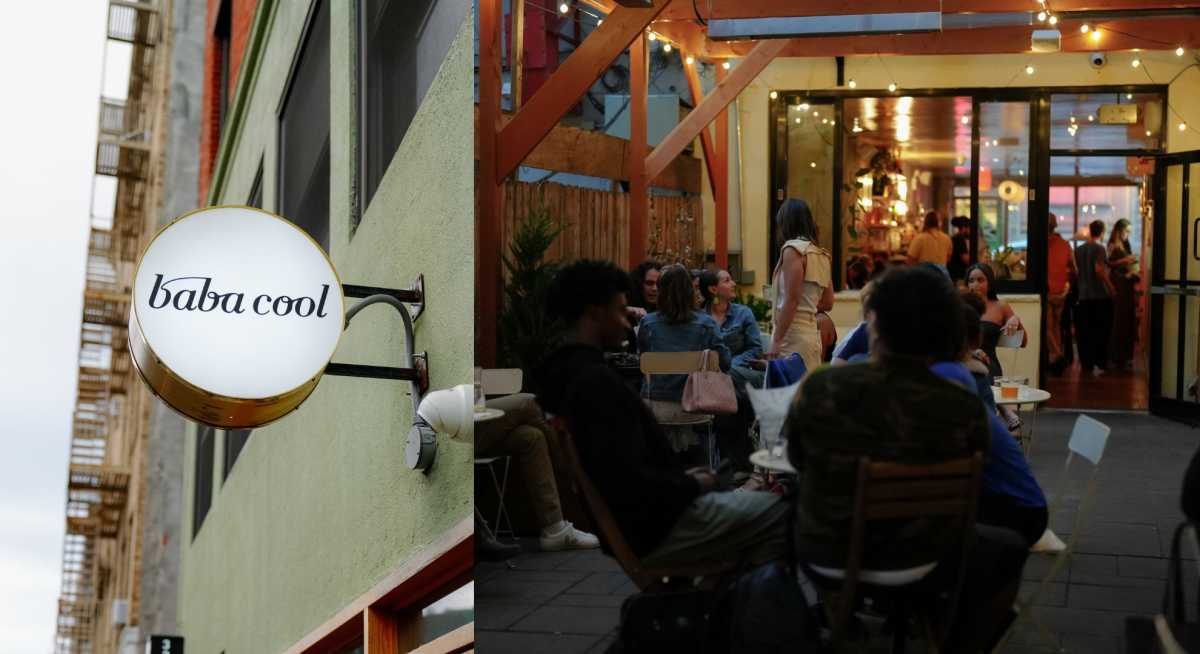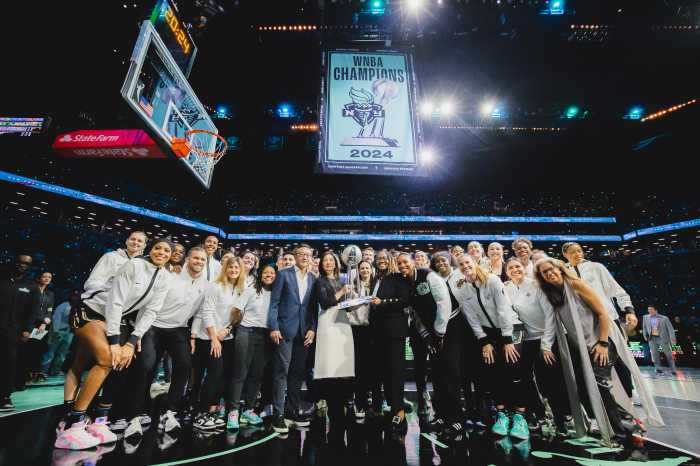For almost 20 years, one constant in an ever-changing Fort Greene has been Soul Summit, the free summertime dance party where huge, welcoming crowds gather to dance the day away in Fort Greene Park.
This summer, because of concerns over the spread of COVID-19, the party was postponed. But thankfully, we have a reminder: “Soul Summit: Doin’ It in the Park,” a new short film by Tayo Giwa and Cynthia Gordy Giwa, the husband and wife team behind the digital publication Black-Owned Brooklyn.

Tayo first discovered the party about a decade ago, after moving to Fort Greene; Cynthia a few years later when visiting friends in Brooklyn while still living in Washington, D.C. “I went over to the park to meet up with some friends and I was just amazed at this gathering that was occurring,” Tayo said. “I had no understanding of the history behind it when I first went but I could tell it wasn’t just another party. There was something special about it.”
“The freedom and the energy of that space left an impression on me,” Cynthia added.
Founded in 2002 by DJs Sadiq Bellamy, Tabu and Jeff Mendoza, the event was first held at Cuyler Gore Park but quickly outgrew the space. So they moved the gathering to Fort Greene Park where, initially, it was held every Sunday during the summer.
House music, born out of the ashes of disco, originated in Chicago’s mostly black and queer dance spaces before spreading to other cities, where its stylistic attributes splintered into other genres. “As we were doing this project, it was important for us to talk about Black origins of house music because a lot of that is being rewritten and whitewashed,” Cynthia said. In its creation, Soul Summit was an attempt to reclaim some of what was lost about house music’s origins while also bringing its inclusiveness to a new audience.
“You don’t need to know the language — you just feel the rhythm,” Tayo said about house music’s appeal. “There is something that is communicated through the music, through the dancing that is beyond words. It’s cross cultural.”
The dance party’s popularity also coincided with increased gentrification in the neighborhood. Due to noise complaints and increased restrictions around public events at parks, the gathering decreased from every weekend to happening only twice a summer. While its presence was sorely missed this year, the renewed attention to public space brought on by the pandemic means that, when it returns next summer, people might be clamoring for the opportunity, public health permitting, to go dance in the park.
Its existence is more vital, a point the film makes directly. “Celebrate what we have, but be prepared to fight and protect what we have,” Cynthia said.
This story first appeared on Brownstoner.com.

























